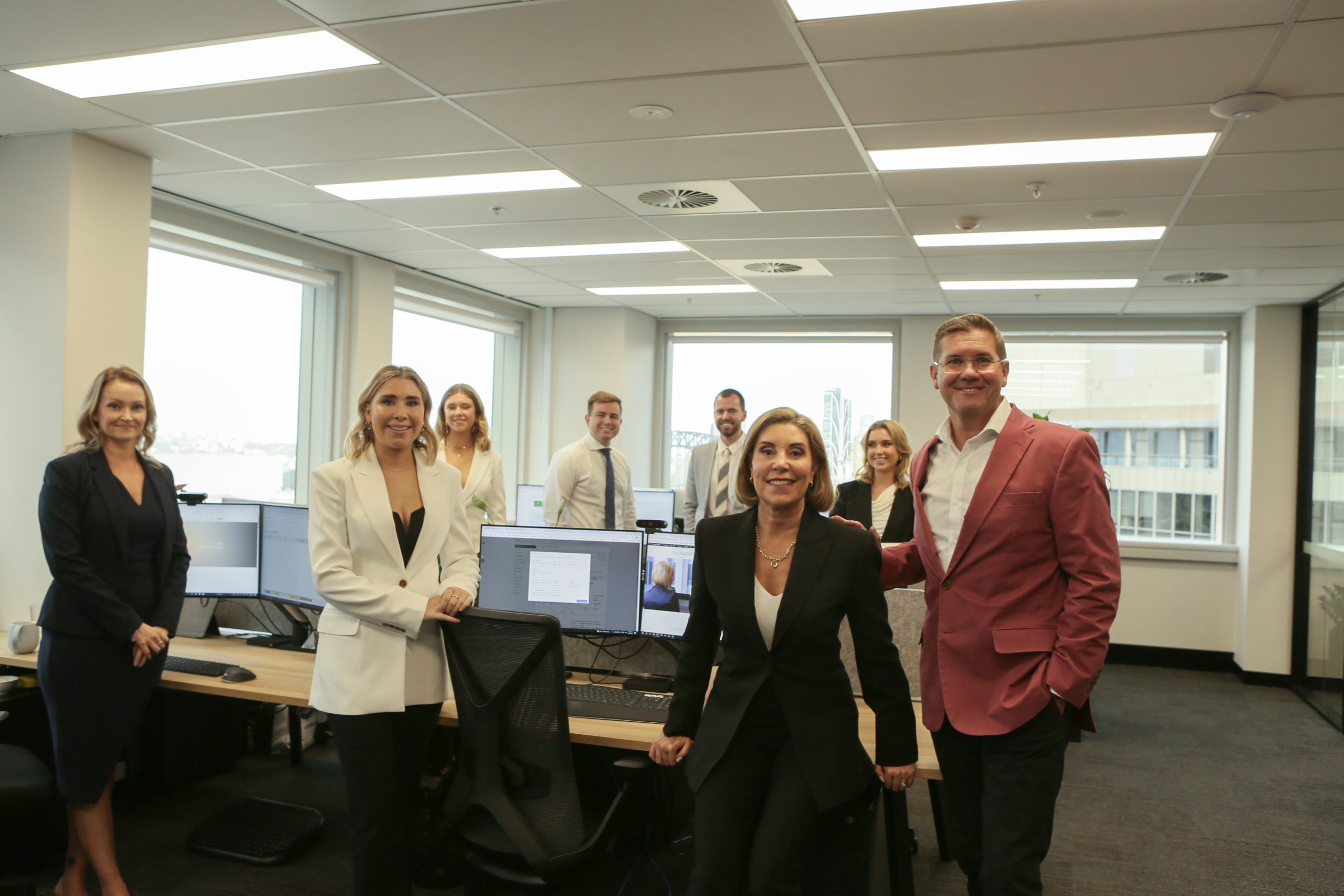
In today’s fast-paced world, time is our most precious asset. Yet, managing finances consumes more of it than we’d like, pulling focus away from the things that really matter.
At Sherlock Wealth, we don’t just help you grow your wealth; we give you back your time, so you can live life fully.
Focus on What You Love, Not What You Don’t Know
When it comes to managing finances, it’s easy to feel overwhelmed by the complexity. But you don’t need to be a financial expert—that’s where we come in. An adviser will help you take care of everything, from investments to retirement planning, so you can focus on what you do best.
Less Stress, More Peace of Mind
Time isn’t just about quantity; it’s about quality. With Sherlock Wealth on your side, gain peace of mind knowing your financial future is in expert hands. Our bespoke financial plans and tailored client service makes your path to success clear, reducing stress and uncertainty. Spend less time worrying about the details and more time living in the moment.
Build Better Relationships and Create Lasting Memories
Financial advice is not just about helping you grow your wealth; it’s about giving you the freedom to build a life rich in connection. The less time you spend managing your finances, the more time you can spend creating lasting memories with those who matter most, freeing you from the burden of financial management so you can live more fully.
The Luxury of Time Well-Spent
In a world where time is often in short supply, partnering with a financial adviser means you can focus on living the life you want—without the distraction of managing the details.
Let a professional handle the complexities, so you can enjoy the simplicity of time well spent.
Contact us today and discover how we can help you live a life rich in time and fulfilment.
CONTACT US.











